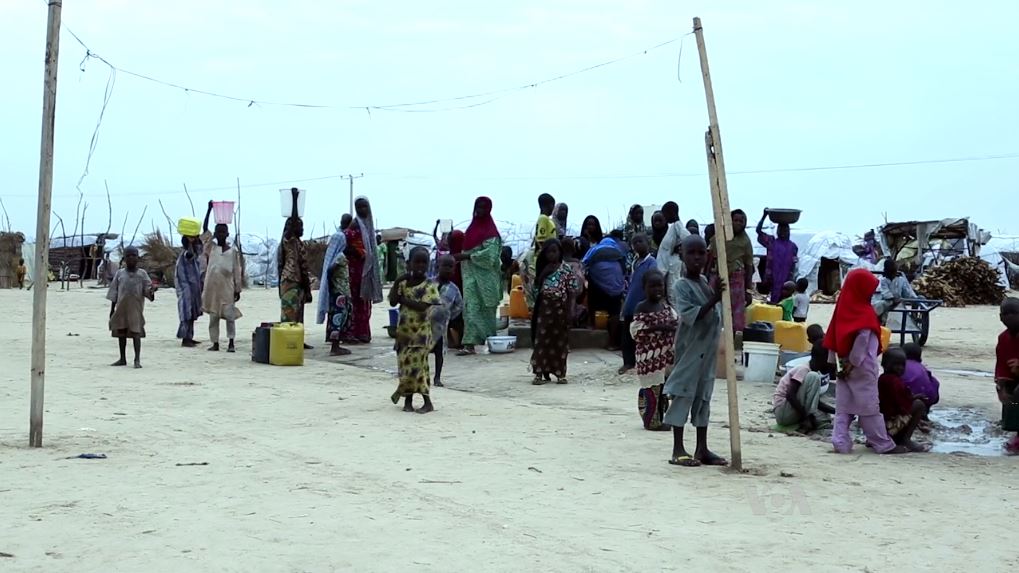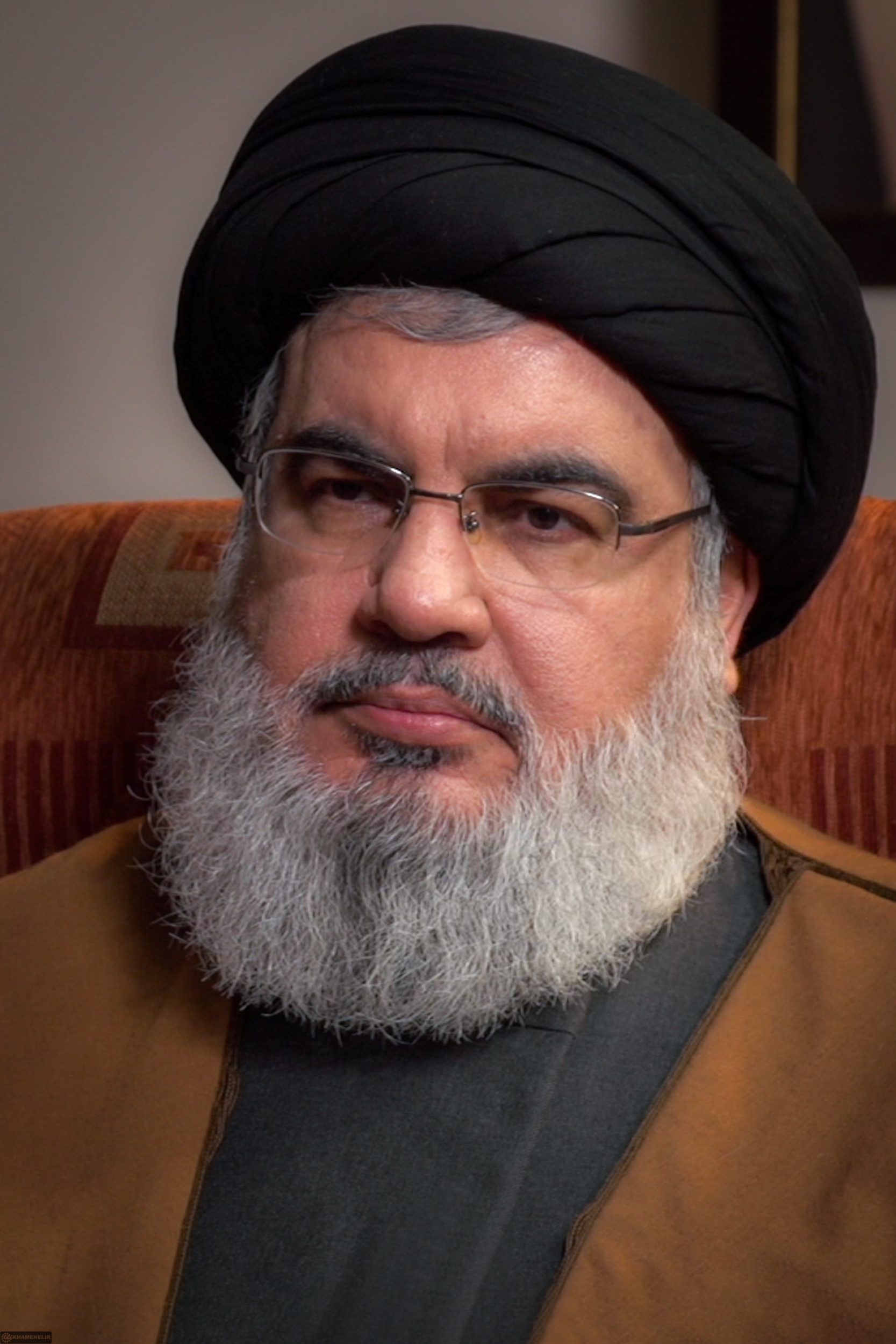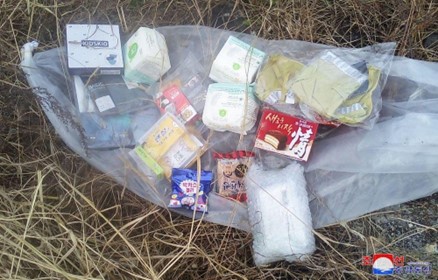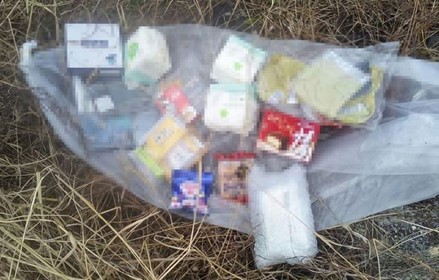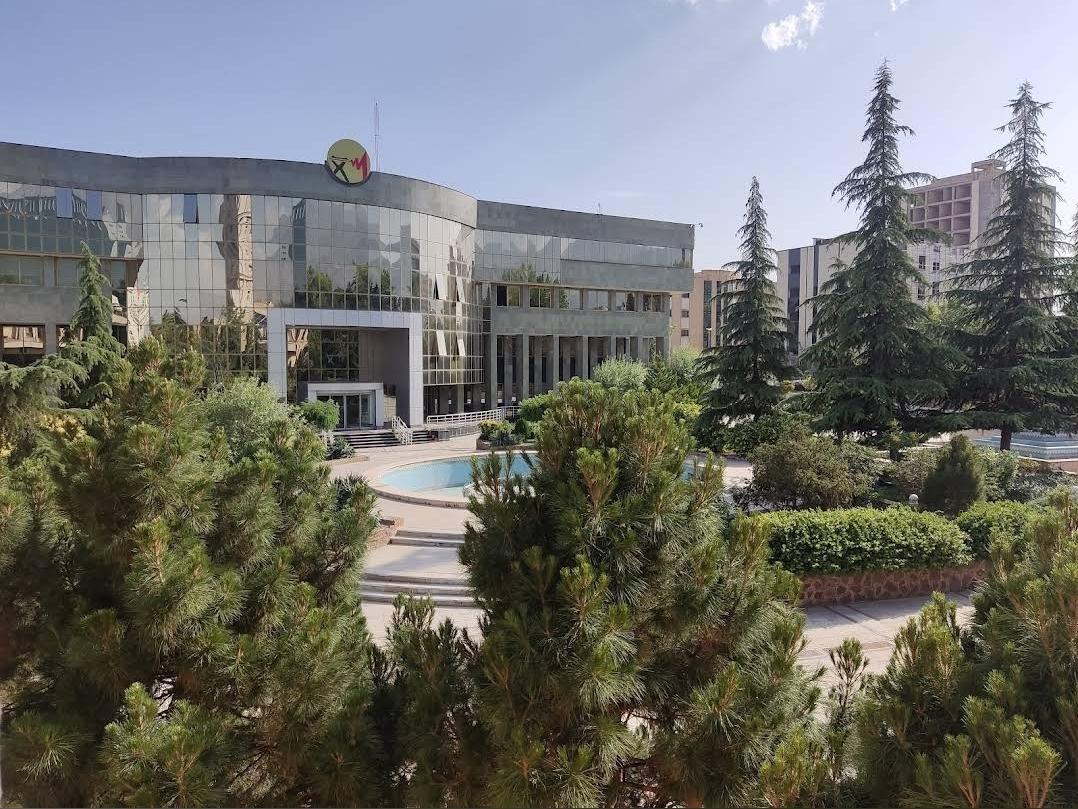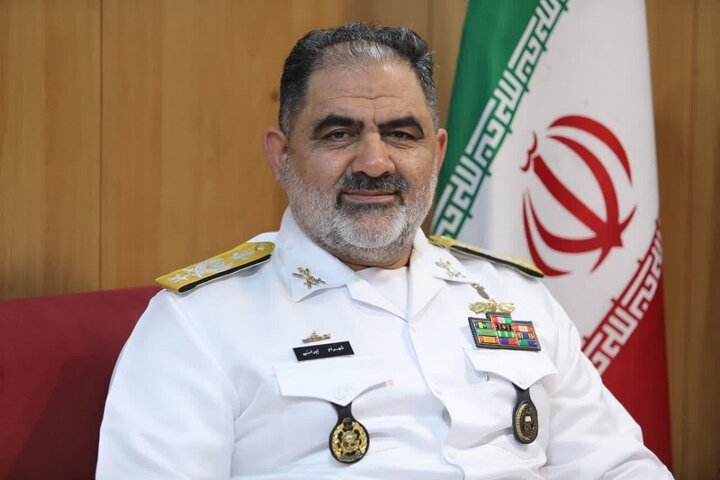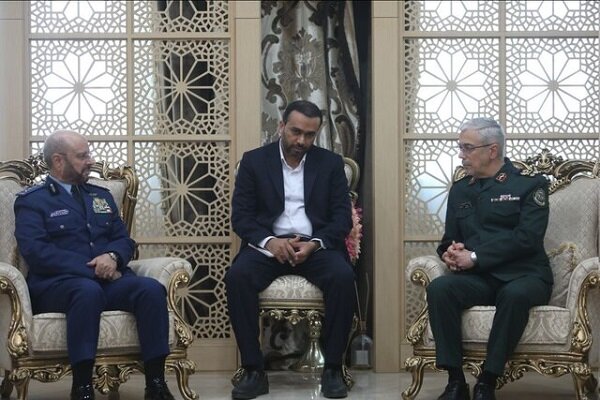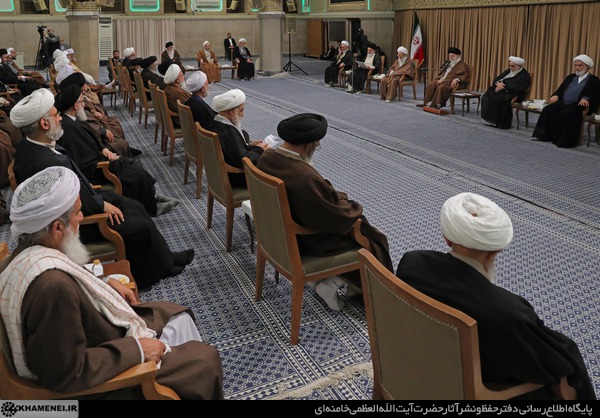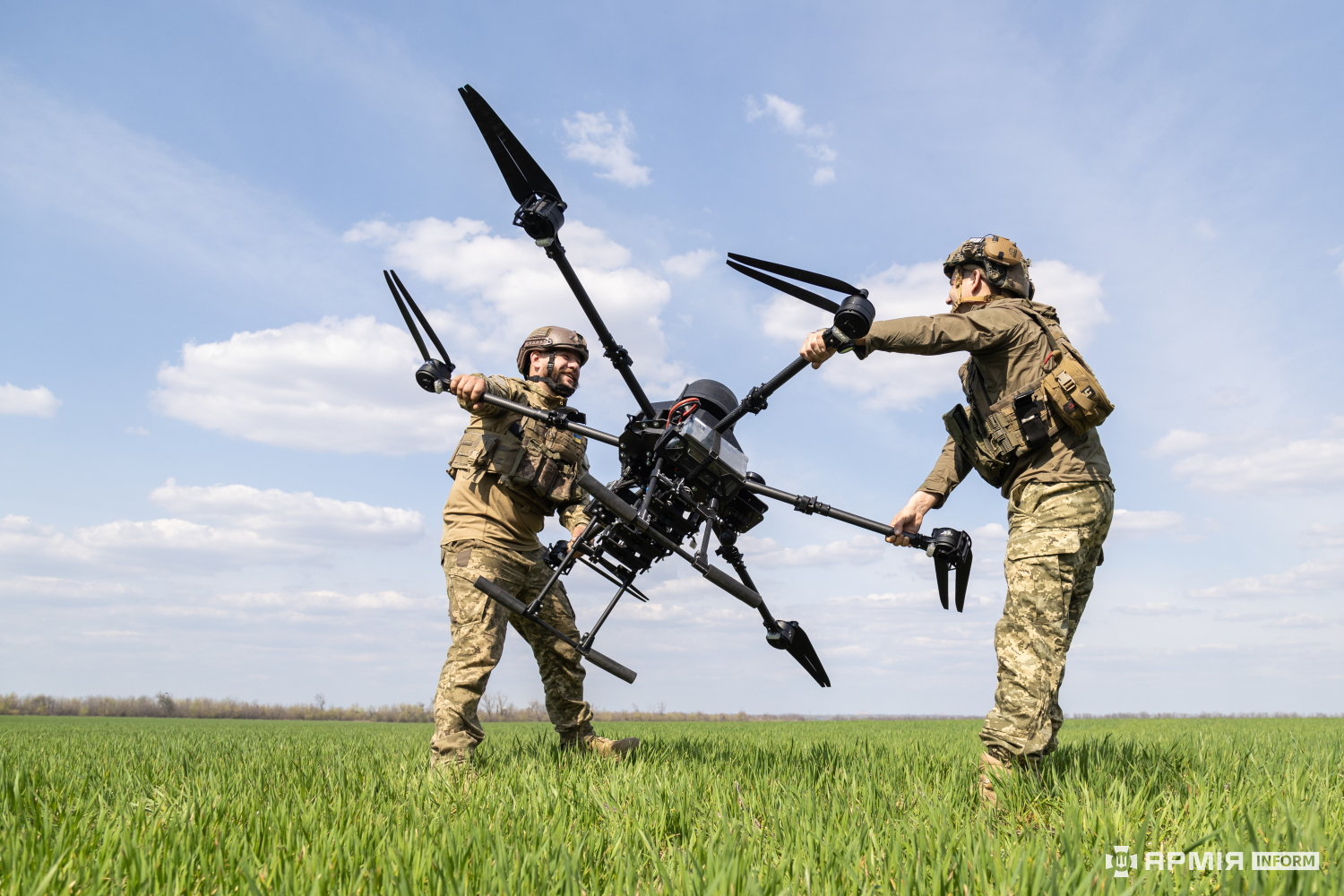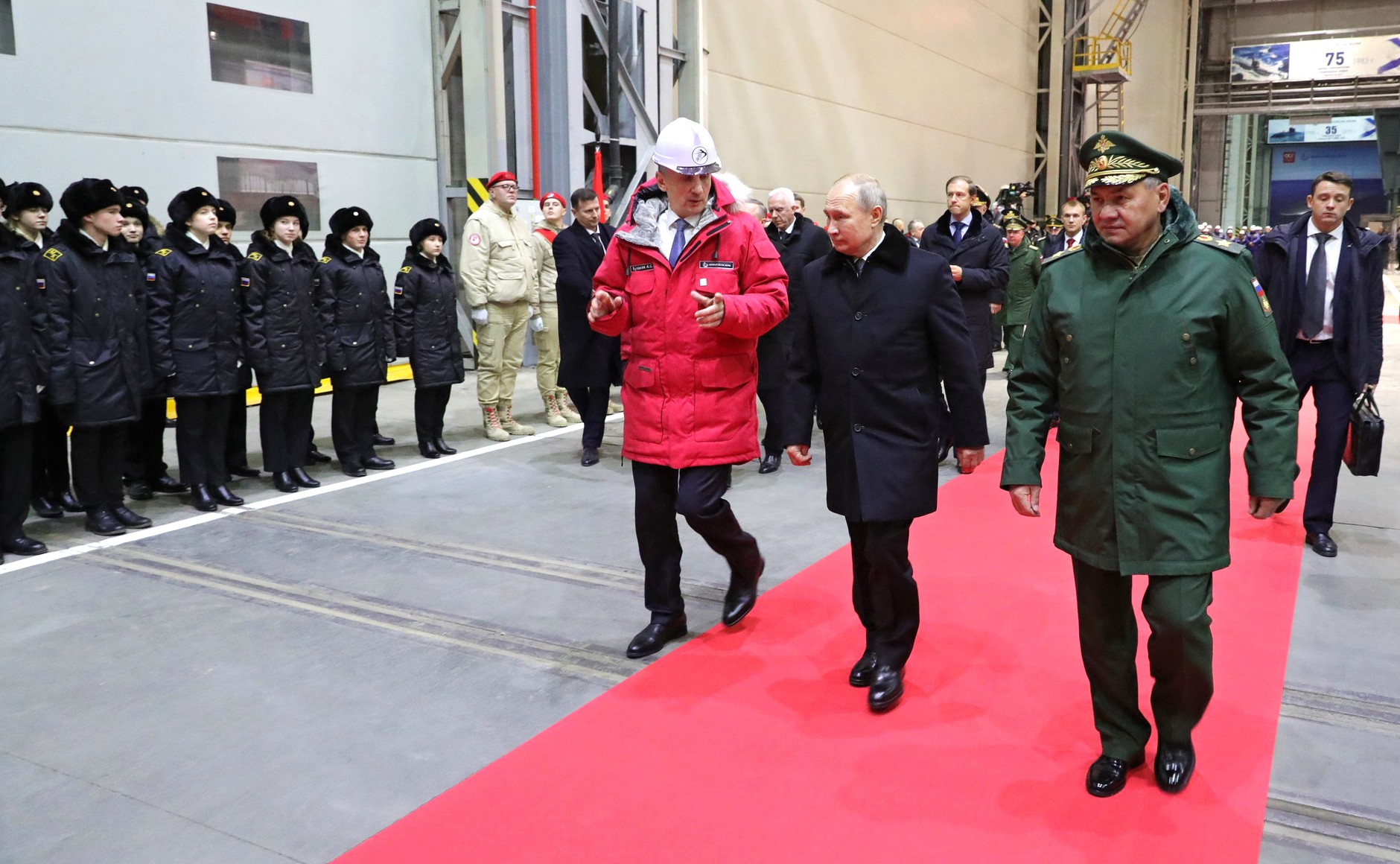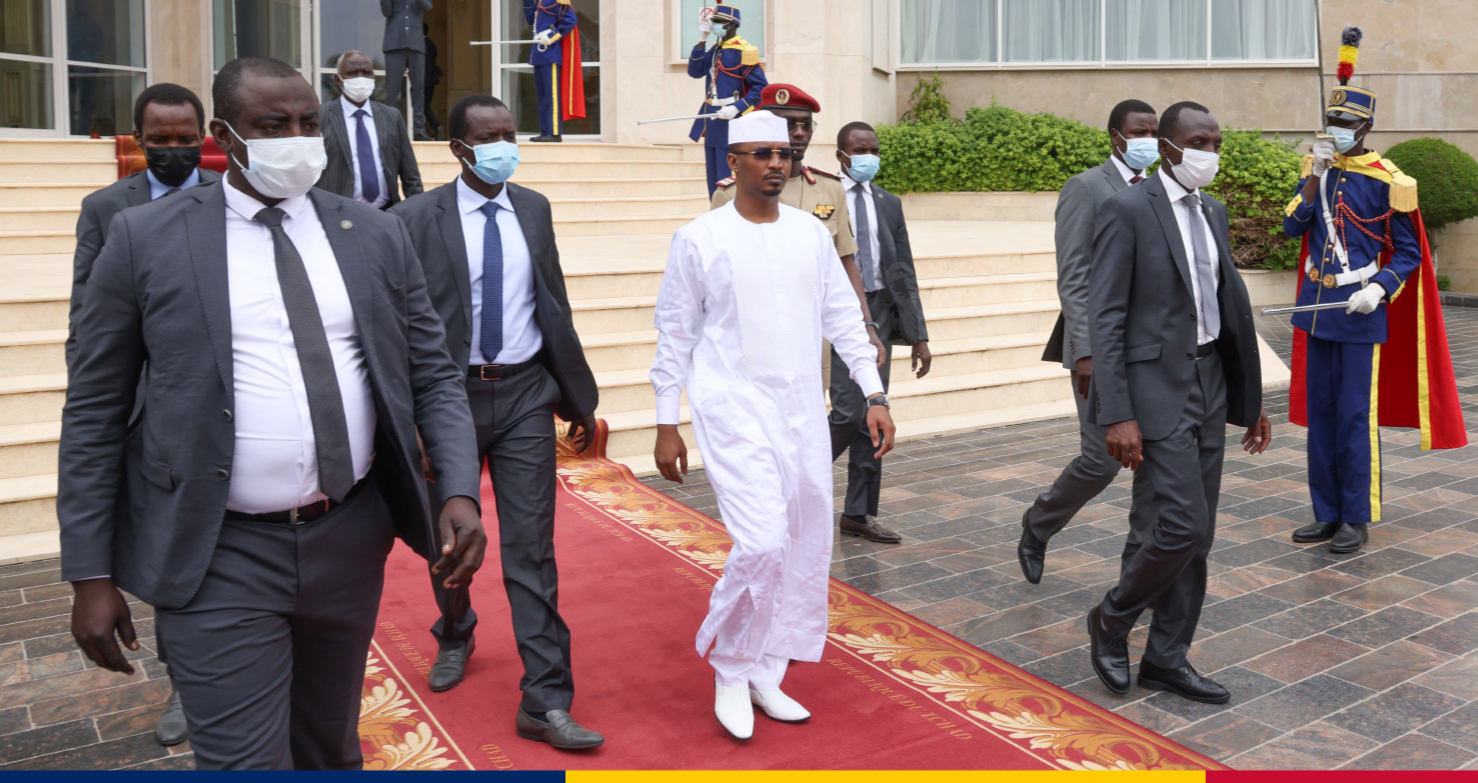
Chadian president Mahamat Idris Deby Itno is threatening to withdraw from the MNJTF and conduct counter-terrorism operations against Boko Haram autonomously in response to the group’s latest massacre of Chadian troops in Barakaram.
“The MNJTF is today hampered by the “lack of mutualization of efforts” needed to confront this common enemy [Boko Haram].”
On 28 October 2024, Boko Haram carried out a significant attack against Chadian soldiers in Barakaram on Lake Chad, killing at least 40.[i] Chadian President Mahamat Idris Deby Itno reacted to the Barakaram attack not by requesting greater collaboration with the Multinational Joint Task Force (MNJTF),[ii] which Nigeria has done in response to Boko Haram attacks. Rather, according to the excerpted article from the French-language website airinfoagadez.com, Deby Itno is considering withdrawing Chad from the MNJTF altogether, which could add further stress to the 20-year-old organization. Niger, which itself withdrew from the MNJTF in June after alleging the Economic Community of West African States was interfering in its internal affairs, had in late August reported to Nigeria that it would renew cooperation with the MNJTF. But now a Chadian withdrawal could undermine the force.
According to the accompanying article, Deby Itno sees insufficient “mutual” contributions to the MNJTF, perhaps implying that Niger’s wavering about staying in the organization contributed to the inability to stop Boko Haram from augmenting its ranks on the lake or that Chad is shouldering an excessive burden in the force. More specifically, the president’s office alleged that the MNJTF had become “lethargic,” which hindered Chad’s ability to engage in counterterrorism operations. The article suggested that if Chad operated outside the MNJTF, it could operate more autonomously and secure the country’s borders. The article did, however, claim that a Chadian withdrawal from the MNJTF would exacerbate the security vulnerabilities of other Lake Chad countries, including Niger, even though the Chadian president hinted that withdrawing from the MNJTF would not cause Chad to abandon its commitment to the regional fight against terrorism.
It is possible that Chad simply no longer needs the MNJTF for counterterrorism against Boko Haram, or at least that Deby Itno is confident in relying on his own army, despite tactical defeats such as that in Barakaram. Alternatively, Deby Into may be using the threat to withdraw from the MNJTF to solicit more international support for the force, a demand he has also made.[iii] Indeed, given that the MNJTF is based in N’Djamena, Chad, Deby Itno’s comments represent an existential threat for the MNJTF if they become reality.
Sources:
“Le Tchad envisage un retrait de la Force Multinationale Mixte (FMM) (Chad Considers Withdrawal from the Multinational Joint Task Force),” airinfoagadez.com (media group combining Aïr-Info Agadez, RADIO Sahara FM, Agadez Web TV in Agadez, Niger and covering Sahelian political and security affairs), 3 November 2024. https://airinfoagadez.com/2024/11/03/le-tchad-envisage-un-retrait-de-la-force-multinationale-mixte-fmm/
Chad announced it is considering a possible withdrawal of its troops from the Multinational Joint Task Force (MNJTF), citing a “lack of mutualization of efforts” in this regional coalition against Boko Haram. This decision, announced on November 3, comes after a recent deadly attack by the Boko Haram sect against Chadian forces in Barkaram, in Lake Chad province. On the ground, [President Mahamat Idriss Deby Itno] oversaw security reinforcement measures and ordered the launch of Operation Haskanite to track down the attackers.
The MNJTF “seems to be falling into lethargy,” which undermines the effectiveness of the joint fight. If the withdrawal were confirmed, Chad could opt for autonomous operations and concentrate resources on securing its borders. Mahamat Idriss Deby Itno reaffirmed the duty to protect Chadian citizens first and foremost, while emphasizing that the country would continue to uphold its commitments in the regional fight against terrorism.
Notes:
[i] The recent Boko Haram attack on Barakaram is the deadliest since a raid on the Chadian base in Bohoma along Lake Chad in 2020. Nearly 80 soldiers were killed in the Bohoma raid, showcased in a Boko Haram video revealing beheadings, soldiers fleeing the base, and a helicopter flying overhead to assess the situation in the aftermath of the attack.
[ii] The MNJTF was founded in 1994 to curb banditry. In 2015, the force, which by then comprised Nigeria, Niger, Cameroon, Chad, and Benin, expanded its scope to ending the Boko Haram insurgency in the Lake Chad Basin region. Its headquarters was also in the Chadian capital of N’Djamena, but the force was largely Nigeria-centric, given that it collaborated alongside multiple Nigerian counter-insurgency operations against Boko Haram.
[iii] “Chad urges international community to boost support after Boko Haram attack,” france24.com. 30 October 2024. https://www.france24.com/en/africa/20241030-chad-urges-international-community-to-boost-support-after-boko-haram-attack
Image Information:
Image: Chadian president Mahamat Idris Deby Itno is threatening to withdraw from the MNJTF and conduct counter-terrorism operations against Boko Haram autonomously in response to the group’s latest massacre of Chadian troops in Barakaram.
Source: André Kodmadjingar (VOA), https://commons.wikimedia.org/wiki/File:Mahamat_Idriss_Deby_(en_boubou_blanc).png
Attribution: CC x 2.0

